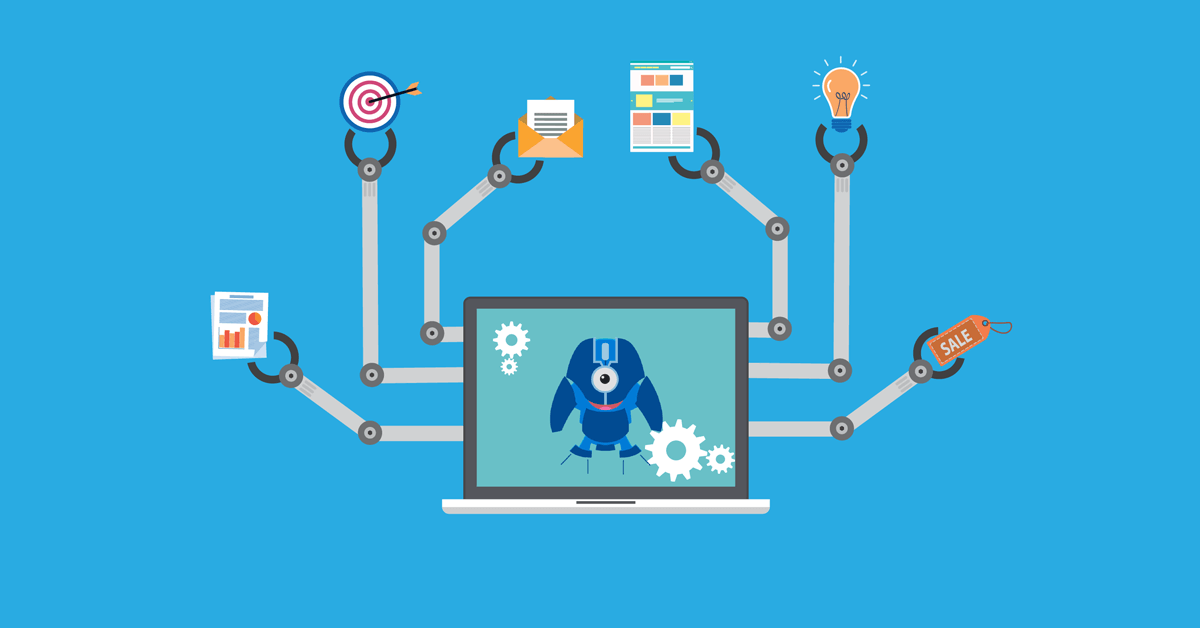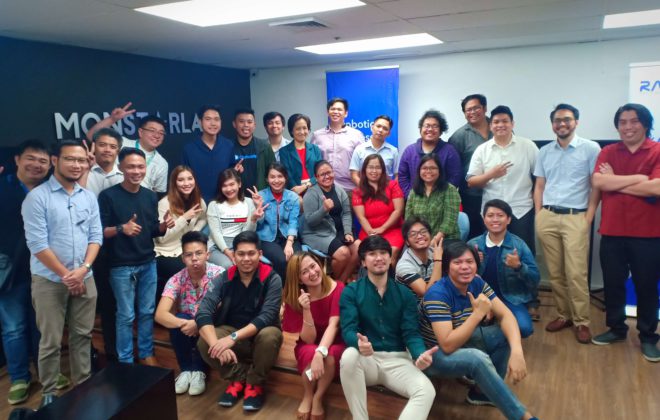RPA Adoption Expected to Gain Traction due to COVID-19
The automation market, particularly the subsection of Robotic Process Automation (RPA) designed to reduce the burden of repetitive and simple tasks, has recently been picking up considerable speed. This is because businesses recognize the need for digital transformation and how it will help them build resilience and agility as the COVID-19 pandemic changes and reshapes the future of work.
A study conducted by Forrester Consulting revealed that that companies are increasingly using RPA and other intelligent automation technologies to address new business and market pressures stemming from the pandemic, but still believe that a people-centric approach is critical to achieving business continuity.
Automation Surge
Nearly half of 160 process automation decision-makers from operations groups, shared services, finance, and other lines of business in organizations spanning France, Germany, Japan, the U.K., and the U.S. plan to increase their automation adoption and investment over the next year for the following reasons:
- To increase agility, diversity, and resilience in their supply chain operations
- To address extraordinary cost pressures by automating back-office and operational tasks
- To support remote workforces
In modern workplaces, RPA technology is a term that is becoming familiar each day. It works like a “virtual assistant,” aimed at automating mundane, time-consuming tasks that hamper employees’ productivity. By automating repetitive, rule-based tasks, businesses can optimize their business operations, all the while allowing them to increase production and accuracy and save lots of time and money.
People-Centric Workforce
Intelligent automation technologies, including RPA bots, will always be part of the new normal. The pandemic has certainly accelerated some of these trends and forced organizations to face them sooner than expected. However, 57% of the study respondents say their employees are moderately or very anxious regarding their ability to succeed in their jobs due to automation and pandemic-related stress.
As a result, businesses must provide automation reskilling and upskilling opportunities to equip employees with skills needed to thrive in the post-pandemic work setup and maximize the potential of automation investments. Organizations must revamp and develop employee experience by offering education opportunities and automation training.
Among the best automation practices that organizations need to follow is to identify and acknowledge employee personalities. Implementing RPA changes the way teams within the company are structured as it eliminates roles, and creates new opportunities. That is why employees are crucial to successful automation integration. Knowing each employees’ perspective towards automation makes it easier to leverage their skill sets and maximize both their potential and that of the automated processes. Organizations must wisely reposition skilled employees to more rewarding and higher revenue-generating work and utilize their human talents more such as creativity, critical thinking, imagination, and communication – all things that RPA bots do not possess.
Read here Why Automation Matters during a Global Crisis
Solutions Integration
Monstar Lab Philippines has been helping local organizations across various industries in harnessing the powers of automation through its prime RPA solution offering, the RAX Automation Suite. With a wide knowledge about RPA, an industry rich experience, and technically adept teams, the company ensures that businesses fully realize the benefits of RPA and other automation technologies.
Learn here how you can Start your RPA Journey with RAX Automation Suite.





